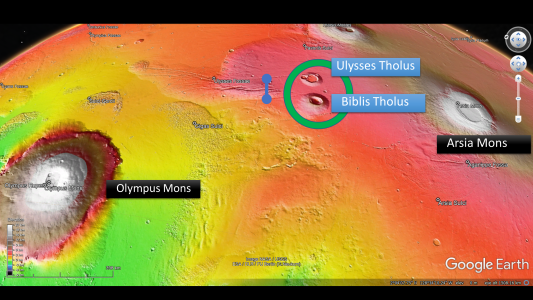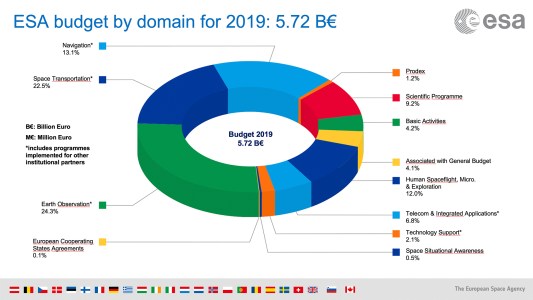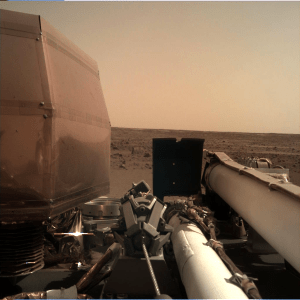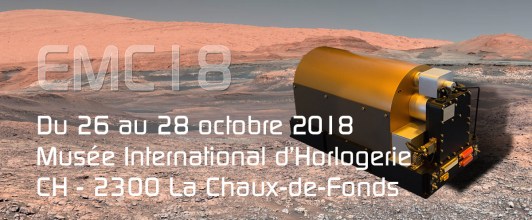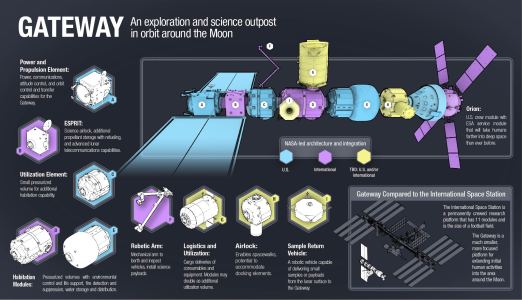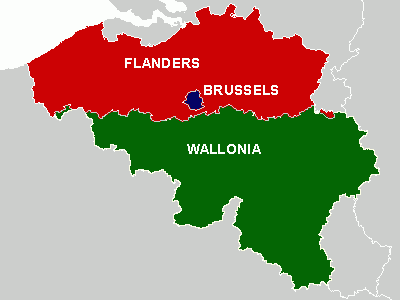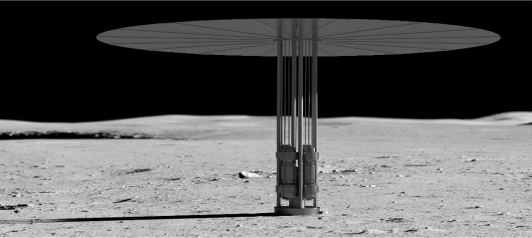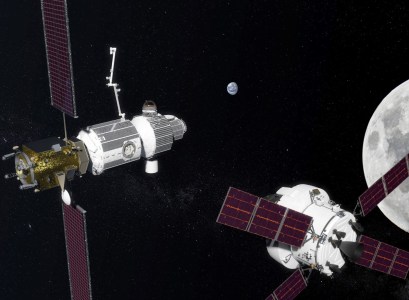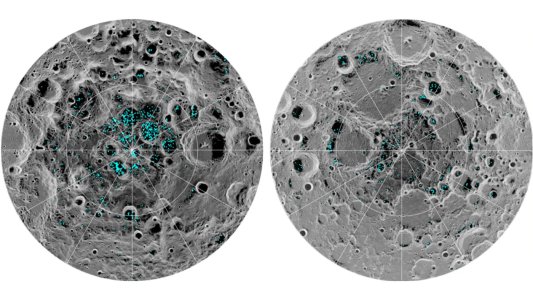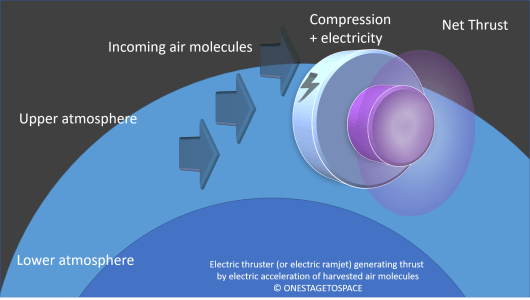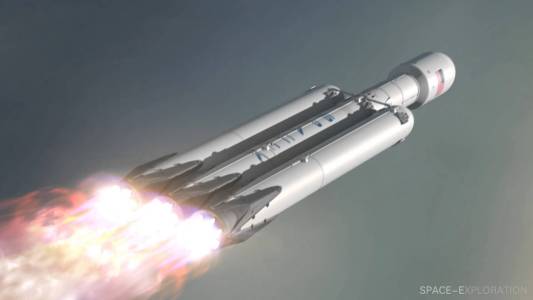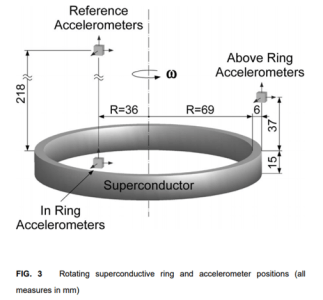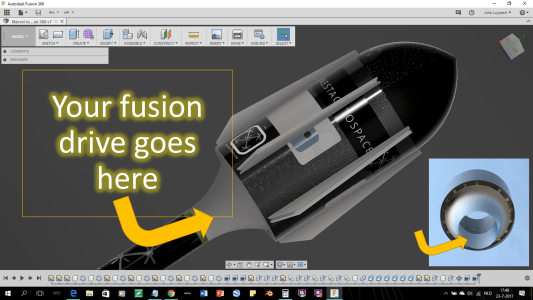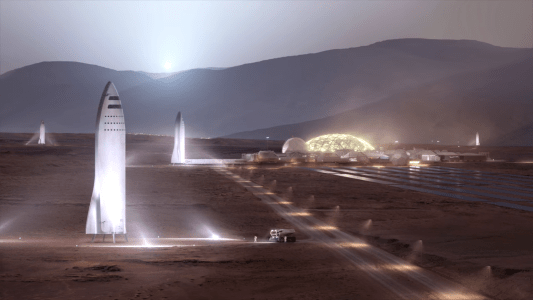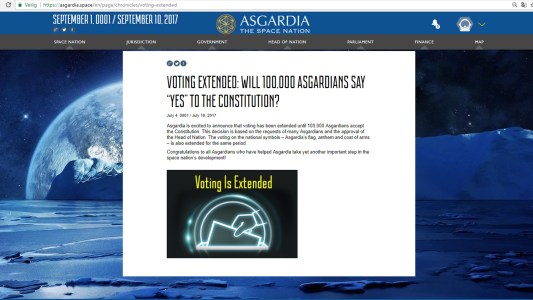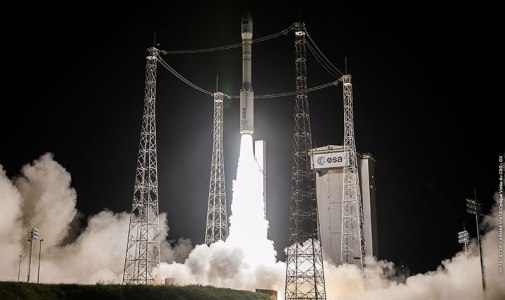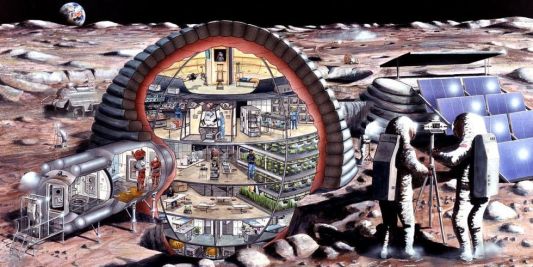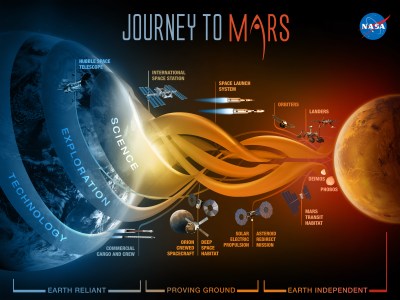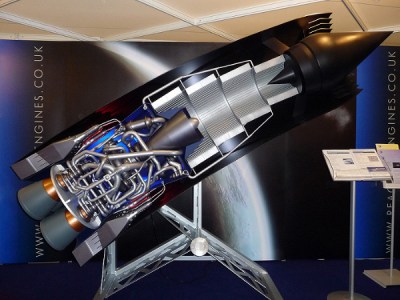Return to earlier page (1/2) <<<<
The power of law: Martian Carbon Credits (MCC)
Recognizing explicitly that we are doing terraforming with Earth today, makes it easier for the public to grasp and see that it could be done for Mars, which is a smaller planet one third the size of Earth. We will not only do it with existing and novel technology, in fact, but there is also a more powerful driver than just inventing new technology.
To understand, we need to look at the power of possible novel legal regimes especially.
Taking inspiration from the terrestrial example of carbon credits discussed above, humanity could, for instance, decide to make the import of gases mandatory whenever a Martian colony or business operation wants to expand or compress or use more gases. In this way, the existing Martian atmosphere would not deplete and will actually grow in size due to these imports.
In that manner, the C02 compressing habitats will not damage or scavenge the preexisting Martian atmosphere. This has benefits for any extant martian life: an increase in the pressure of the atmosphere offers more radiation protection, a stronger greenhouse effect, and has its wind redistribute nutrients better. The atmosphere also helps spaceships with their propellant needs: the increased air resistance slows them down more upon landing which increases their payload fraction compared to pure retro-propulsion. Conversely, costs for heating, producing gases and propulsion will increase the more we use the dwindling resource that the Martian atmosphere is.
In a reversal of the carbon credits scheme on Earth (ECC), we might even get carbon credits in return for the amount of life-giving C02 we import. In this Martian Carbon Credit scheme (MCC), prices of 30 EUR/ton of CO2 would be a driver for competition between many novel importing schemes, just as happened with carbon credits on Earth. But contrary to the ECC scheme on Earth, all MCC carbon imports lead to an increase in productivity (e.g. heat and food for plants), while in the ECC the goal is to store Carbon away and make these gases less productive (of heat).
Also in a reversal of the ECC, MCC would ask users of gases to pay and providers of gases to receive money. When you read this, it becomes clear that the MCC is just the normal manner of treating scarce economic resources, demonstrating how peculiar the ECC or Earth Carbon Credit schemes are as a regime.
The MCC on Mars makes good environmental and economic common sense. Importers feel good because they generate profit and increase the atmosphere of Mars. Users will feel good because the environmental cost of them using Martian atmospheric resources is included in a transparent pricing scheme in which the lowest cost provider can be selected and rewarded. The common sense nature of the MCC, and its environmental life-enhancing credentials will rapidly increase its acceptance and adoption to a planetary scale.
So when would be the right time to introduce an MCC?
That will be up to the space-faring nations. It could take decades before the issue becomes pressing, or the regime could be installed today.
For some time, a price of 30 EUR/ ton of CO2 will be a small drop compared to the actual cost of conditioning the Martian atmosphere for use. It would be a helpful subsidy in setting up the infrastructure for an interplanetary trade network. But after the first installations have paid for themselves, continuing to impose such a high cost will actually be a burden for an increase in the use and productivity of any Martian colony because it hinders the cost-reducing forces of open competition.
One might equally argue that such a scheme is unnecessary and that capitalist or market forces are sufficient without the need for any legal regime.
In that train of thought, it would be better to wait until scarcity really becomes a problem or to have the market decide on the correct price. Once it goes up, entrepreneurs will quickly see the benefits of importing gases to Mars, and we won’t have to impose any legal regime at all. Expansion of use and demand will lead to an expansion of supply, creating a positive spiral thickening the atmosphere faster and creating additional cost and environmental benefits for all Martians. In the latter case, the answer would thus be to never introduce it.
The issue is that it is easy to use gases unnoticed and even natural processes could absorb CO2 into the ground (as ice or minerals), while interplanetary imports are far easier to track. In other words, it is easier to track what goes in, than what goes out. The expectancy, therefore, is that such a legal MCC importation regime will indeed eventually be imposed to deal with the uncontrolled and somewhat uncontrollable use of the atmospheric resource.
In any case, the first settlers will not have to worry about such issues, because it usually takes a while before enough people notice that concerted action and the emplacement of such a regime will be required.
And there you have it, even if the initial ambitions are more limited or if they serve to deal with uncontrolled use, schemes like these might quickly bring about a planet-wide change.
(If you are interested to read more: for a break down of the business plan cost of a possible engineering approach to this problem, take a look at our article “Terraforming Mars impossible? Not so fast: It only takes 40 Apples to turn Mars into Eden.“)


